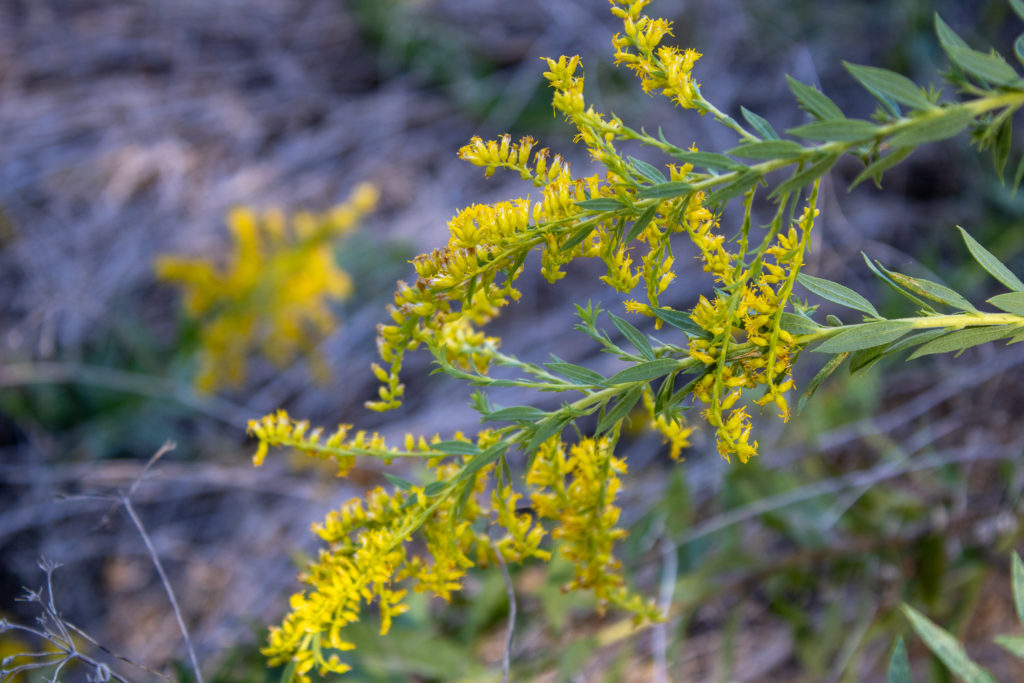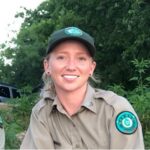
Master Naturalists are dedicated to the conservation, preservation, and restoration of our natural resources, and promote ecological education for all. Upon completing a comprehensive training program, Master Naturalist volunteers provide programs and projects that increase appreciation of our natural environment, promote the maintenance of and
sustainable use of public open spaces, and protect and preserve native flora and fauna and their habitats. As a certified Texas Master Naturalist, you will help people appreciate the natural environment while you enhance your own knowledge and skills.
You’ll have an opportunity to build relationships with others who share your interests!
Texas Parks and Wildlife Department (TPWD) and Texas A&M AgriLife Extension Service provide support for the Texas Master Naturalist program. In Texas, the collaboration between these two sponsors and more than 400 local partners has resulted in a unique master volunteer organization. At the state level, the organization is directed by an advisory committee providing training guidelines, program marketing and promotion, curriculum resources, and advanced training opportunities; and a state volunteer representatives committee is responsible for representing the varied interests of the chapters and providing a communication link to state committees and program leaders.
Much more information can be found at the Texas Master Naturalist website: txmn.tamu.edu/
Frequently Asked Questions
As a certified Master Naturalist, what would I do?
Volunteer projects have a broad range of activities and might include construction and maintenance of interpretive trails; prairie and plant restorations; exotic species control; fish, wildlife and plant inventories; songbird nest box monitoring; natural resource youth camps; school programs; programs to community groups; landowner consultation; outdoor skill instruction; natural resource interpretation at nature and visitor centers; creating and maintaining naturescape demonstration areas; and more. Elm Fork Chapter has approximately 50 active volunteer service projects.
How do I become a Texas Master Naturalist?
To join us and become a certified Texas Master Naturalist, you must complete our basic training course on the region’s natural features and the impact that people have on nature. Training courses are held in the fall of each year. The course includes presentations by biologists, geologists, naturalists, and others from local, state, and federal agencies and universities. You must complete a minimum of 40 hours of volunteer service and 8 hours of advanced training during the first 13 months following your completion of the initial training course. Advanced training enables Texas Master Naturalists to learn additional knowledge or a particular skill in order to assist with different volunteer projects.
What are my responsibilities as a certified Master Naturalist?
Once you are certified, it is your responsibility to maintain your certification. You are expected to stay active in the local chapter and attend meetings, take advantage of advanced training offered through the local chapter, and keep accurate records of your service hours. As a volunteer, you may not profit from your status or violate the policies, missions and goals of the sponsoring agencies that govern use of the Master Naturalist title.
All of the volunteer service and advanced training activities must be approved by the chapter board of directors and you must report your hours to get credit. Once you meet these requirements, you will receive certification as a Texas Master Naturalist.
What is a volunteer chapter?
Master Naturalists volunteer in a community organized into self-governing chapters, with partner/agency staff serving as chapter advisors. The Texas Master Naturalist program is a partnership of the Texas A&M Agrilife Extension, Texas Parks and Wildlife and local partners in each community.
How is the program supported?
This is a self-supporting program. Volunteers pay to cover the costs of their training. Local chapters are supported by training fees, chapter dues, and donations (money or in-kind services such as free meeting space) from local partners. A portion of the training fees and chapter dues are also used to support statewide administration of the program.
If you have any questions, please feel free to contact us at [email protected]



